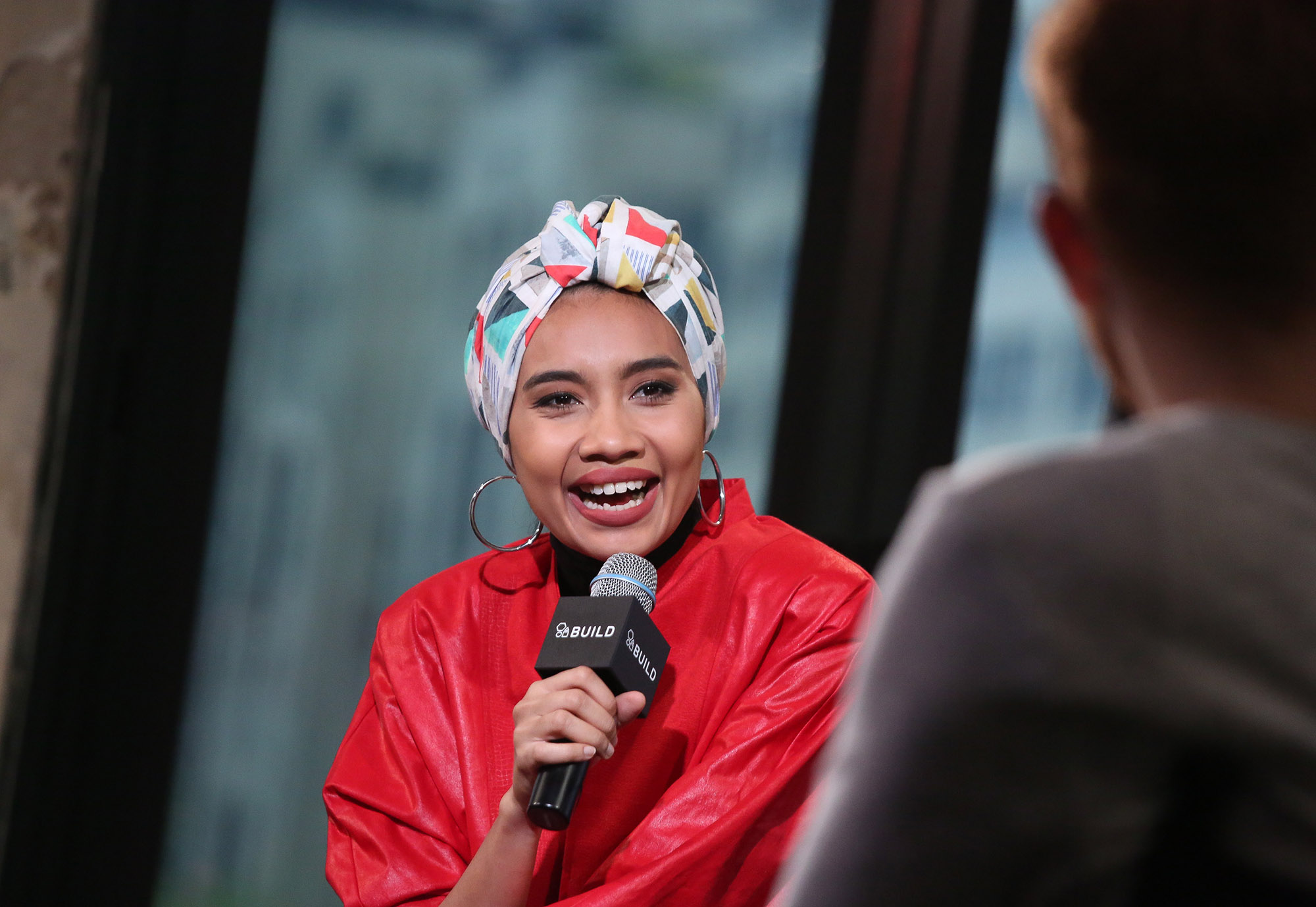
For Malaysian singer Yuna (whose discography includes collabs with Usher and Pharrell), staying true to herself is an integral part of her career as a musical artist — and that’s especially relevant when it comes to personal style and her Muslim faith.
In an interview with New York Magazine on Thursday, Yuna addressed the assumption that Muslim women are oppressed, specifically when it comes to things like dressing modestly and covering their hair.
“I really like the idea of modesty. By the time I got into music, I was already wearing the scarf all the time, and it’s really personal to me, my Muslim beliefs, so I decided to keep it and find a way to work around it,” she said. “I don’t see it as a restriction or limitation — I can still be me and get into music and be an entertainer.”
In fact, the 29-year-old singer finds that her decision to wear modest clothing affords her a certain kind of freedom in the music industry, which can be decidedly sexist, especially when it comes to women’s appearance.
“It’s my personal choice — it’s just kind of weird when people say ‘take off your hijab and be you’ because this is me, I’m being myself,” she said. “I’m not oppressed. This is very liberating that I get to do this and be in the music industry. I like that I don’t have to conform to the normal women-in-music-selling-sex-appeal thing.”
Yuna is putting her empowering message into practice too — she’s the face of Uniqlo’s Hana Tajima hijab capsule collection and is working with a friend on a clothing line that has modest offerings.
More Must-Reads from TIME
- Donald Trump Is TIME's 2024 Person of the Year
- Why We Chose Trump as Person of the Year
- Is Intermittent Fasting Good or Bad for You?
- The 100 Must-Read Books of 2024
- The 20 Best Christmas TV Episodes
- Column: If Optimism Feels Ridiculous Now, Try Hope
- The Future of Climate Action Is Trade Policy
- Merle Bombardieri Is Helping People Make the Baby Decision
Write to Cady Lang at cady.lang@timemagazine.com